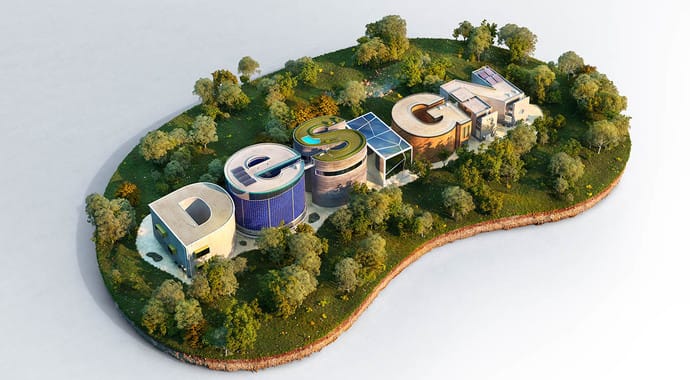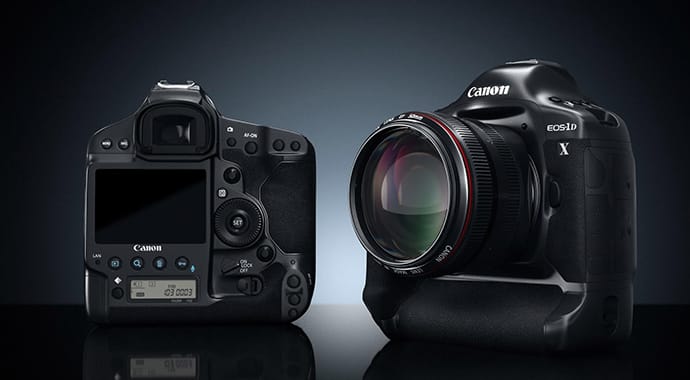 Scanline VFX © 20th Century Fox
Scanline VFX © 20th Century FoxVisual effects
From custom shaders to crowd simulation software, V-Ray compatibility is an industry standard. For custom VFX workflows, V-Ray also offers the tools needed for building better pipelines and timesaving scripts.









